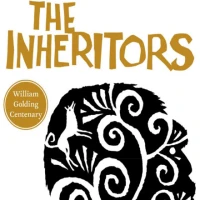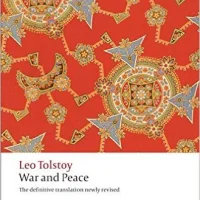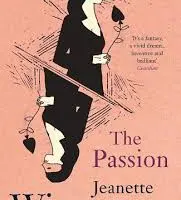Death Going Down, by María Angélica Bosco and translated by Lucy Greaves
I’m not generally a huge fan of classic crime as a genre. It’s too neat for me with its tendency to throw in a new body every few chapters to ratchet up the tension and its tidy denouements.
All of that applies to this 1955 novel by Argentinian writer María Angélica Bosco and yet I rather enjoyed it. It’s not particularly original, some of the characters are a little too sketchily drawn, but it’s less hermetically self-contained than most of the genre which makes it more interesting.
Pancho Soler comes home drunk late one cold Buenos Aires’ night. The hallway light only stays on for a few minutes so he enters quickly and rushes to the lift which he sees is already occupied. The lift arrives and he steps in, smile at the ready in case the occupant is a pretty woman (a nice detail which already tells us most of what we need to know about him). It is. Unfortunately, she’s dead.
It is, of course, murder. The woman was poisoned. One question is how (though I guessed pretty quickly), but the more pressing question is what she was doing there in the first place since she didn’t live in the building and none of the residents admit knowing who she’d have been calling on.
It’s a genre staple that everyone has something to hide and here it’s no different. The police quickly learn that the dead woman was a refugee from post-war Europe as are a number of the other residents. Argentina in 1955 is full of people trying to make new lives. Some are escaping the horrors that were inflicted upon them. Some are escaping justice for the horrors they inflicted themselves.
Unusually Death Going Down features a team of three detectives rather than the usual single solitary genius. In part I liked that as it did feel more like a real police investigation with tasks being delegated and officers dividing up as needed to chase down leads. The downside was that none of them ever came entirely to life and I often had to remind myself which was which (this seems to be a fairly common complaint with this book).
Happily, the suspects are a much livelier lot.
“On the first floor it’s the Suárez Loza family, who are away in Europe at the moment. On the second floor, señor Iñarra and his family; on the third, señor Czerbó and his sister; on the fourth, señor Soler; on the fifth, Dr Luchter. Everyone here is very peaceful, señor Superintendent.” The same old story. It was just what Superintendent Lahore expected: peaceful buildings and good people, always the same. So how was it possible that so much went on?
Señor Iñarra is an elderly invalid married to a resentful younger wife and an even more resentful young daughter from his first marriage. Señor Czerbó is a brutal figure who lives with his terrorised sister on whom he vents the frustrations of his life. Pancho Soler is a drunken playboy. Dr Luchter is a German exile who certainly has the necessary knowledge to kill by poisoning. Even the superintendent and his wife are bitter and hostile figures. If ever there was a building likely to house a murder this is it. And on top of all that the woman’s husband has motive too …
Naturally there will be more deaths before the truth comes out. There always are. At minimum there’s always someone who tries to blackmail the murderer. After all, what could possibly go wrong in trying to blackmail someone about whom the main thing you know is that they’re a killer?
There’s some nice comic touches, including one of the policemen briefly having to look after the dead woman’s dog which sometimes helps him open conversations with suspects but at others cuts those conversations a bit shorter than he’d like:
Two or three tugs of the lead let Blasi know that Muck wanted a change of scene. It annoyed him to have to comply. Any interruption of his conversation with Betty could mean a change of tack that might not favour him, but he feared a disaster if he did not obey the pressing appeals reaching him via the leather lead.
What makes this better than formula is the sense that those touched by the crime were already marked – by the war and by the secrets they’ve carried with them to their new lives. Most classic crime novels feel to me like they take place in a bubble (that sense of self-containment I mentioned). Here the memories of a fractured Europe echo through the narrative. There are worse crimes than those presently under investigation.
Other reviews
Guy at His Futile Preoccupations reviewed this here, with views fairly similar to my own. Guy mentions that he’d have liked a bit more sketching out of the characters’ various past connections, which I can certainly see but on the other hand I thought 160 pages was about right for this and while I liked it I wouldn’t have liked it more for being longer.
Guy also mentions the issue with the detectives being too lightly fleshed out. There is a point there about realism versus narrative. I do think three detectives most of whom aren’t actually that interesting is more realistic than the usual single maverick (possibly with an added sidekick to explain things to). On the other hand, that device of having a single detective does make it a lot easier to make them interesting in their own right. I’m left slightly more sympathetic to the device than I was before.


























